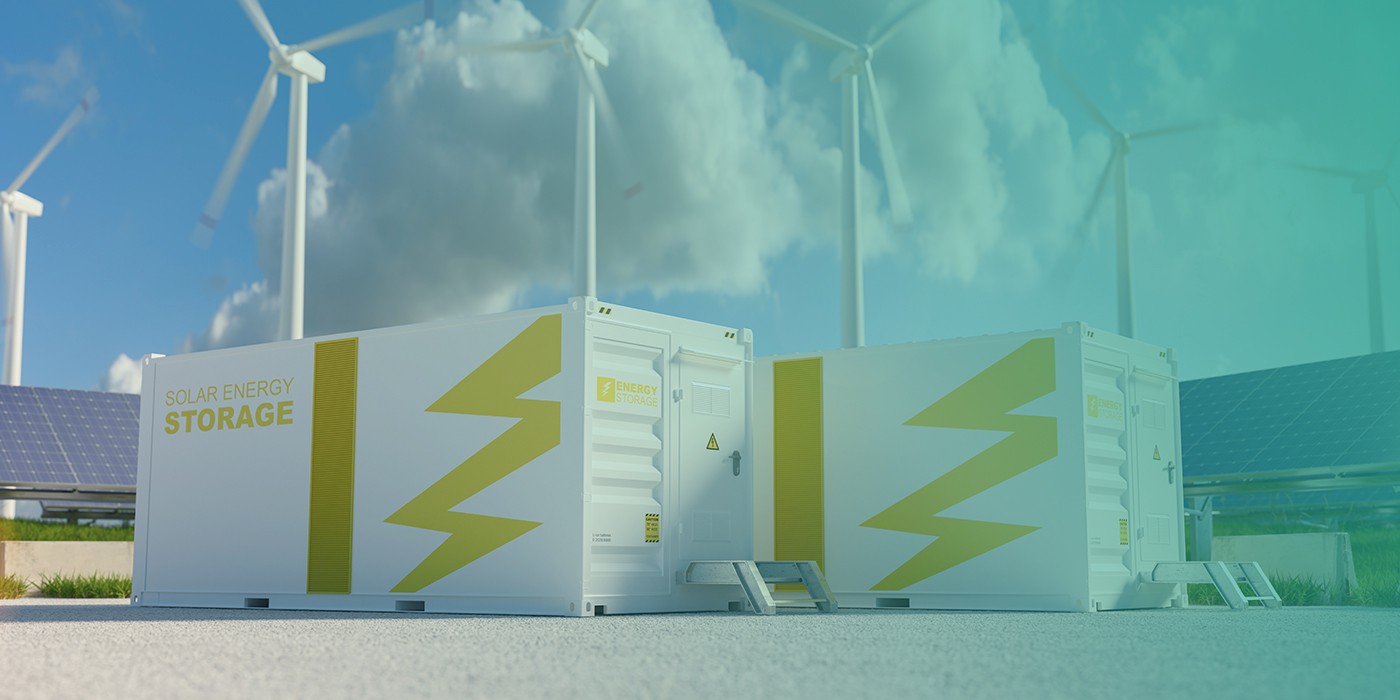The renewable energy landscape in the UK is undergoing a transformative phase, driven by a combination of technological advancements, regulatory frameworks, and increasing corporate commitment to sustainability. For business owners and surveyors, understanding these trends is crucial to staying competitive and future-proofing investments. Here are some key future trends in renewable energy for the UK’s corporate and real estate markets.

Solar and wind energy are set to become the cornerstones of the UK’s renewable energy strategy. The declining costs of solar panels and wind turbines, coupled with improved efficiency, are making these sources more attractive for corporate and real estate sectors. Companies are increasingly investing in on-site solar installations and entering into power purchase agreements (PPAs) to secure long-term, clean energy at stable prices. Real estate developers are integrating solar panels into building designs to meet sustainability standards and reduce operational costs.

The intermittent nature of renewable energy sources like solar and wind necessitates reliable energy storage solutions. Advances in battery technology, such as lithium-ion and solid-state batteries, are making energy storage more efficient and affordable. These systems allow businesses to store excess energy generated during peak production times and use it when demand is high, reducing reliance on the grid and ensuring a stable energy supply. For real estate, incorporating energy storage solutions can enhance energy resilience and attract eco-conscious tenants.

The implementation of smart grids and energy management systems is revolutionising energy consumption and distribution. These technologies enable real-time monitoring and optimisation of energy usage, allowing businesses and property managers to make data-driven decisions to improve efficiency. Smart grids facilitate the integration of renewable energy sources, ensuring that energy is distributed optimally and reducing wastage. For businesses, investing in smart energy management systems can lead to significant cost savings and enhanced sustainability.

Green building certifications, such as BREEAM (Building Research Establishment Environmental Assessment Method) and LEED (Leadership in Energy and Environmental Design), are gaining prominence in the UK real estate market. These certifications recognise buildings that meet high environmental performance standards, including energy efficiency and the use of renewable energy. Achieving these certifications can enhance the marketability of properties and attract tenants or buyers who prioritise sustainability. For corporate buildings, green certifications can reflect a company’s commitment to environmental stewardship and reduce operating costs through improved energy efficiency.

UK businesses are increasingly setting ambitious renewable energy targets as part of their corporate sustainability strategies. Many companies are committing to sourcing 100% of their electricity from renewable sources and investing in renewable energy projects. These commitments not only help reduce carbon footprints but also enhance brand reputation and meet the expectations of environmentally conscious consumers and stakeholders. Corporate renewable energy initiatives are driving demand for clean energy solutions and encouraging further investment in the sector.
The future of renewable energy in the UK’s corporate and real estate markets looks promising. The dominance of solar and wind energy, advancements in energy storage solutions, the rise of smart grids, the emphasis on green building certifications, and strong corporate renewable energy commitments are key trends that will shape the landscape in the coming years. Businesses and real estate developers that embrace these trends will be well-positioned to thrive in a sustainable and energy-efficient future. By staying informed and proactive, business owners and surveyors can ensure their investments are aligned with the evolving energy landscape, leading to long-term financial and environmental benefits.